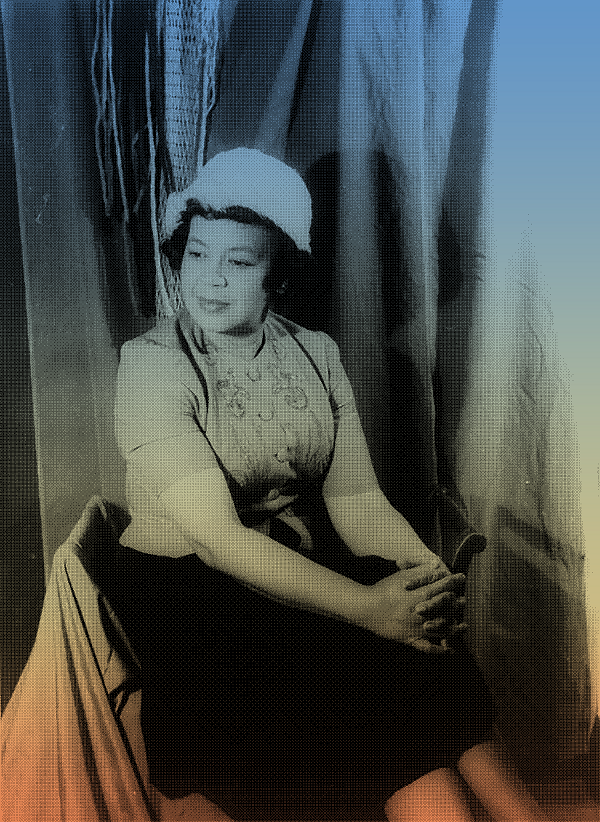The composer and pianist H. Leslie Adams has had a long and illustrious career. Now in his nineties, he was born in Cleveland, Ohio, in 1932. Adams studied voice, piano, and composition at Oberlin College and went on to earn a master’s degree in music from the California State University at Long Beach in 1967 and a Ph.D. from Ohio State in 1973. He served for many years as a choral conductor and educator, before becoming a full-time composer in 1979. Adams is most famous for his vocal works—including almost fifty songs for piano and voice—but he has also written numerous instrumental compositions, among them a ballet (A Kiss in Xanadu), a piano concerto, a symphony, and many sonatas.
Adams’s songs are profoundly lyrical, with beautiful, long-breathed melodies and inventive, often vividly pictorial piano textures. His songwriting style is polyglot, mingling classical tonality with elements of jazz and African-American folksong. Among Adams’s best songs are the the Five Millay Songs (1960), based on poems by Edna St. Vincent Millay, and Nightsongs (1961), a set of six songs on poems by African-American poets.
Additional Resources
- We, Too, Sing America: African American Voices of Song, Episode 7, H. Leslie Adams, March 4, 2021 [includes commentary from Adams himself]. We, Too, Sing America is a docu-series created by Aural Compass Projects, a non-profit music organization dedicated to performing new and less-performed works.
- Wright, Josephine. “Adams, [Harrison] Leslie.” Grove Music Online, edited by Deane Root.
- Entry about H. Leslie Adams on the African American Art Song Alliance.
- Interview with H. Leslie Adams and Darryl Taylor, American Composers Alliance, May 15, 2018.
- H. Leslie Adams official website.
- Small, Allanda. “H. Leslie Adams’ Nightsongs: Poetry, Music, and Performance.” DMA thesis, University of Southern Mississippi, 2007.
- Love Rejoices: Songs of H. Leslie Adams. Darryl Taylor, tenor, and Robin Guy, piano. Albany Records TROY428, 2008, compact disc.
- My podcast episode about Adams’s “Branch by Branch,” from Five Millay Songs.




